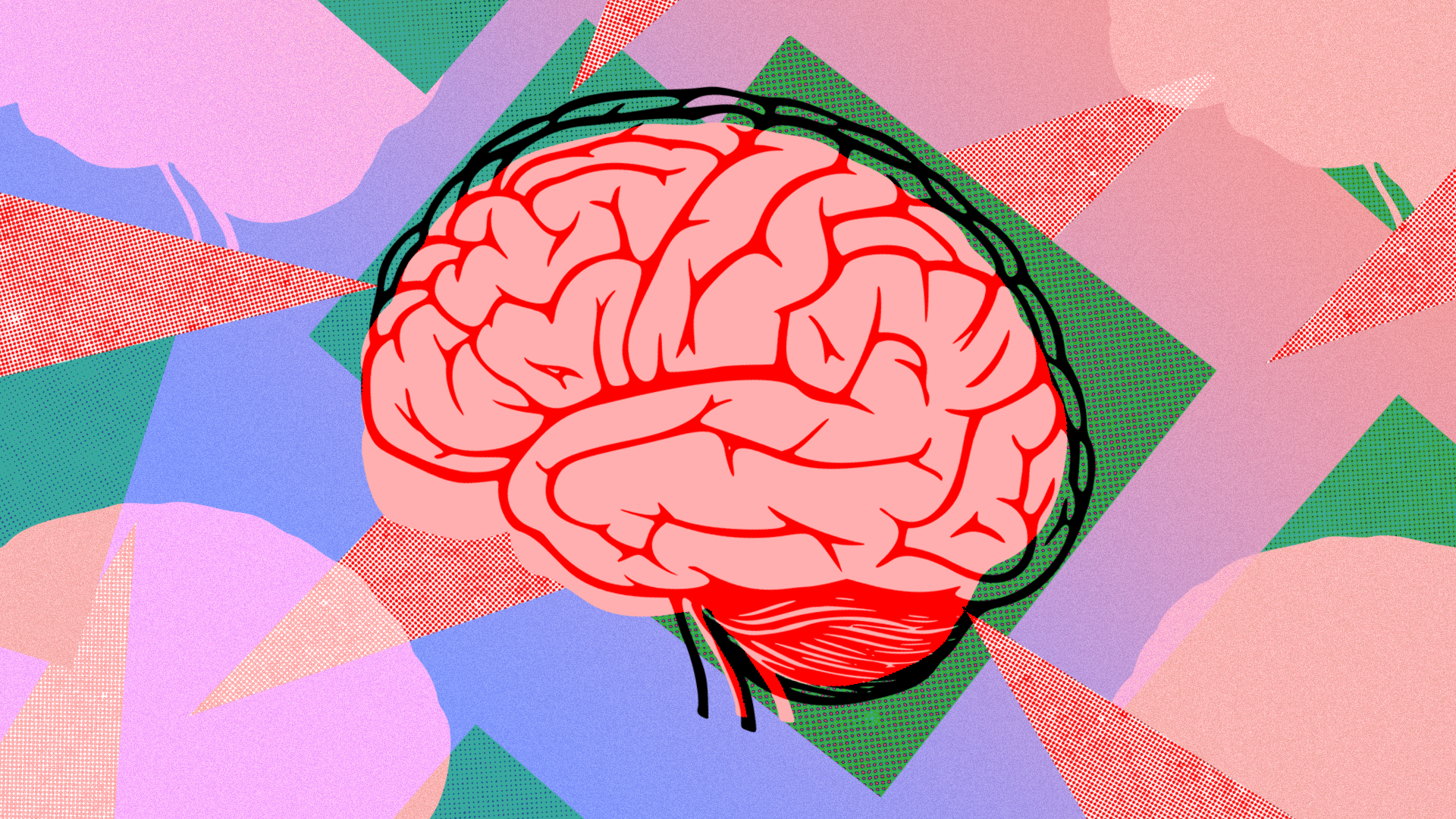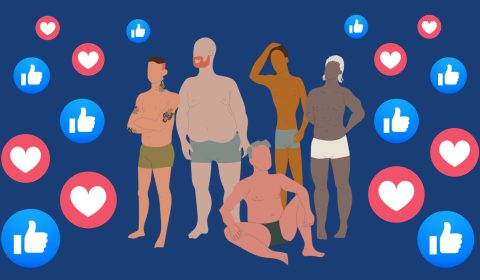A new year brings new goals. But these restrictive and often daunting wellness trends can do more harm than good.
Ah, January—the month when the air is filled with a sense of renewal, and social media is flooded with images of kale smoothies, gym selfies, and the ever-elusive promise of a ‘new you.’
If you’re already crumbling under the weight of this vignette, you’re not alone. From diet advice, to gruelling workout routines and wellness tips, becoming a ‘new you’ in January seems like an inescapable curse.
It’s understandable that the beginning of a new year inspires us to let go of habits that weren’t serving us in 2023. In fact, it can be comforting – even enjoyable – to us the promise of 12 new months as a chance to reinvent ourselves.
In recent years, however, the January wellness craze has somewhat spun out of control. And the pressure to realise (often unrealistic) personal goals can start to impact our mental health.
As we all dive headfirst into the myth-laden world of health and wellness, it’s crucial to separate fact from fiction and question the unsustainable pressures that can have detrimental effects, especially on young people and women.
One pervasive myth that needs immediate debunking is the infamous 10,000 steps a day rule.
This arbitrary number has become a benchmark for optimal fitness, creating a false sense of accomplishment for those who diligently track their every step. You might even be guilty of obsessing over the health app in January, and beating yourself up when daily steps don’t meet the magic number.
In reality, the origin of this benchmark is not rooted in any scientific evidence. In fact, the 10,000 steps a day rule emerged from a Japanese marketing campaign in the 1960s.
As Daniel Friedman explored in the New York Times, fitness culture is rife with these kinds of misconceptions. And the internet has only made it worse.
The rise of the fitness influencer means dodgy information is shared en-mass and at-speed, often getting further misconstrued in the process.
‘Once those opinions are disseminated to the public and take hold, they are hard to change’ says Brad Schoenfeld, a professor of exercise science at Lehman College in New York.
The 10,000 steps myth was actually debunked by scientists years ago, but many still view it as the optimal benchmark of good health.
‘Unfortunately, it’s taken on a life of its own, because the research clearly doesn’t support there being anything magical about that goal’ Dr. Bryant said.
The latest research actually suggests that after 7000 steps a day, the benefits of walking start to plateau. Even as few as 4000 steps per day can reduce the risk of dying from any cause.
Regardless of which health-kick you’re tackling in January, it’s important to remember that making sudden drastic changes is often unsustainable, and will fail to have any effect on our health long-term.
Overloading yourself with expectation and stress can cause many of us to feel burnt out or put off by exercise and healthy eating, which in turn can force us into a cycle of self-doubt and poor mental health.
At worst, the burden to conform to these unrealistic standards can actually lead to the development of unhealthy habits.
That’s why, in a sea of wellness messaging, we need to shift our focus from external markers of health to more holistic and sustainable approaches that prioritise our overall wellbeing.
Mental health is a crucial but often neglected part of the new-year’s-resolution conversation. But our minds need just as much – if not more – care than our physical bodies.




















